China values historical heritage protection for balanced, sustained growth
Updated: 2016-04-13 09:44
(Xinhua)
|
||||||||
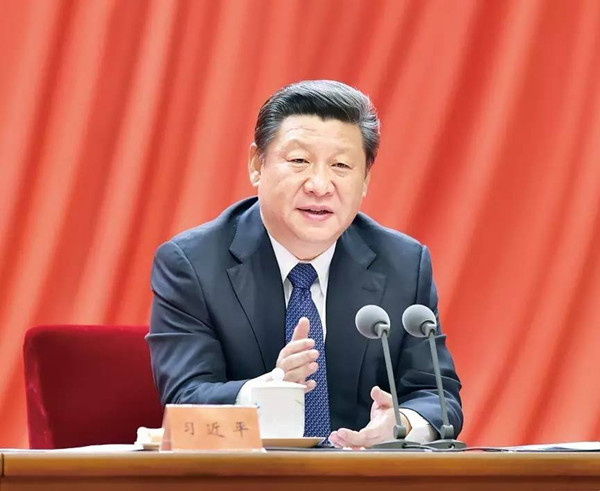 |
|
Chinese President Xi Jinping [File photo] |
BEIJING -- Chinese President Xi Jinping has urged the government to strike a balance between the conservation of cultural relics and economic development. In a written instruction to a national meeting on the topic on Tuesday, Xi said that the balance is a difficult one to strike in a country that is urbanizing at such a fast pace.
The president called cultural relics "a valuable legacy from our ancestors," stressing that conservation will benefit future generations.
China is a great nation boasting an innumerable amount of cultural treasures, Xi said.
He ordered authorities at various levels to beef up protection of cultural relics and promote proper and moderate utilization of these relics so as to bring more benefits to the people.
He urged Party and government departments to keep in mind that this conservation is part of their official duties, and suggested that "private sectors should be mobilized and involved in the effort."
Premier Li Keqiang also wrote comments on the country's relics protection, saying the work should help amplify the role of outstanding traditional culture in inspiring and propelling the progress of modern society.
Local authorities should contribute more efforts to protecting cultural relics and enhancing supervision, Li said.
Scientific preservation of cultural relics means giving full play to the social, cultural, and educational function of relics, the premier said, adding that the whole society should be encouraged to actively participate in preserving them.
"Local governments often consider economic development and heritage conservation two issues that conflict with each other, while they can contribute to each other," said Huang Zhenchun, deputy curator of the National Museum of China.
China is home to huge numbers of historic relics. According to the third national archaeological survey which was completed in 2011, there are more than 760,000 registered unmovable cultural items.
Citing several state parks of archaeological sites as successful examples, Wang Wei, director of the Institute of Archaeology at the Chinese Academy of Social Sciences, said it is important to find a proper way of using historic sites to boost social and economic development without undermining the relics so that they can enjoy sustainable preservation.
Shan Jixiang, curator of the Palace Museum, called for encouraging the involvement of the general public.

 Thank you Kobe, say Chinese fans in countdown to retirement
Thank you Kobe, say Chinese fans in countdown to retirement
 3D printers from China at New York show
3D printers from China at New York show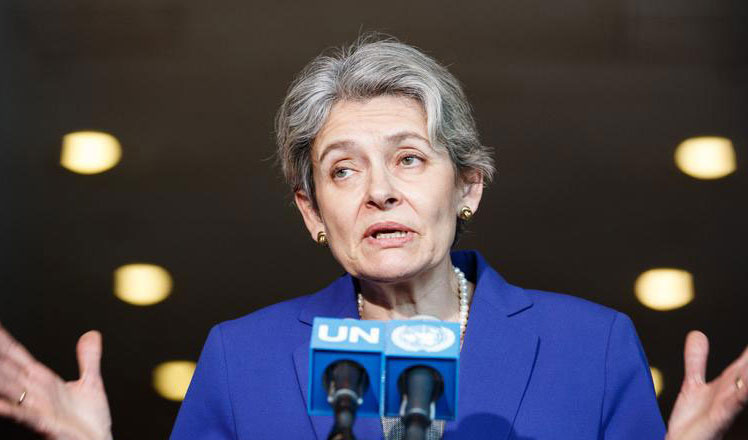
 UN takes historic step to open selection of new UN chief
UN takes historic step to open selection of new UN chief
 Palace Museum stages peony-themed exhibition
Palace Museum stages peony-themed exhibition
 Man abducted 19 years ago reunites with family
Man abducted 19 years ago reunites with family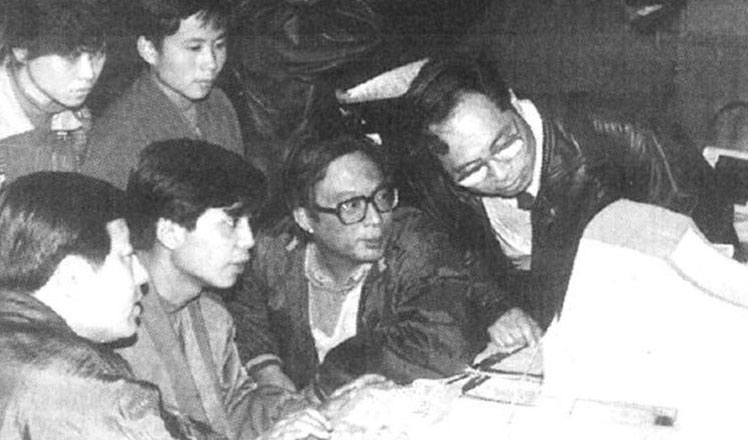
 Now and then: Technologies improve media work
Now and then: Technologies improve media work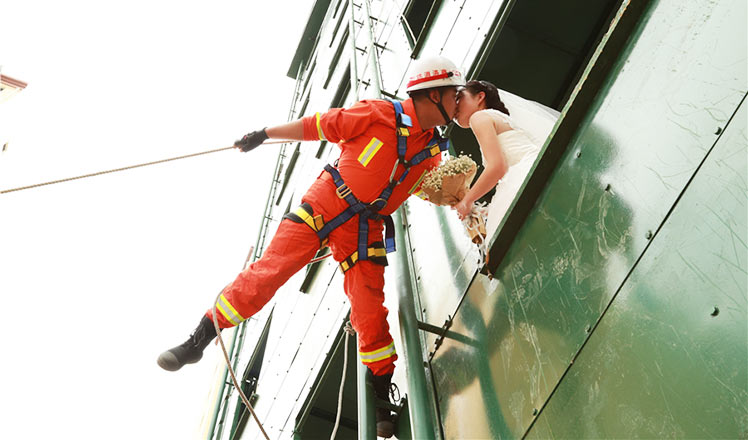
 Unforgettable wedding photos at fire station
Unforgettable wedding photos at fire station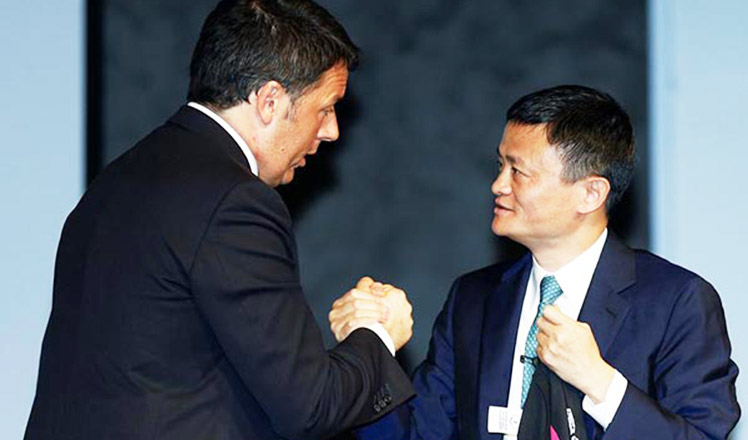
 Jack Ma toasts wine with Italy's prime minister
Jack Ma toasts wine with Italy's prime minister
Most Viewed
Editor's Picks

|

|

|

|

|

|
Today's Top News
Duke alumni visit Chinese Embassy
Marriott unlikely to top Anbang offer for Starwood: Observers
Chinese biopharma debuts on Nasdaq
What ends Jeb Bush's White House hopes
Investigation for Nicolas's campaign
Will US-ASEAN meeting be good for region?
Accentuate the positive in Sino-US relations
Dangerous games on peninsula will have no winner
US Weekly

|

|









